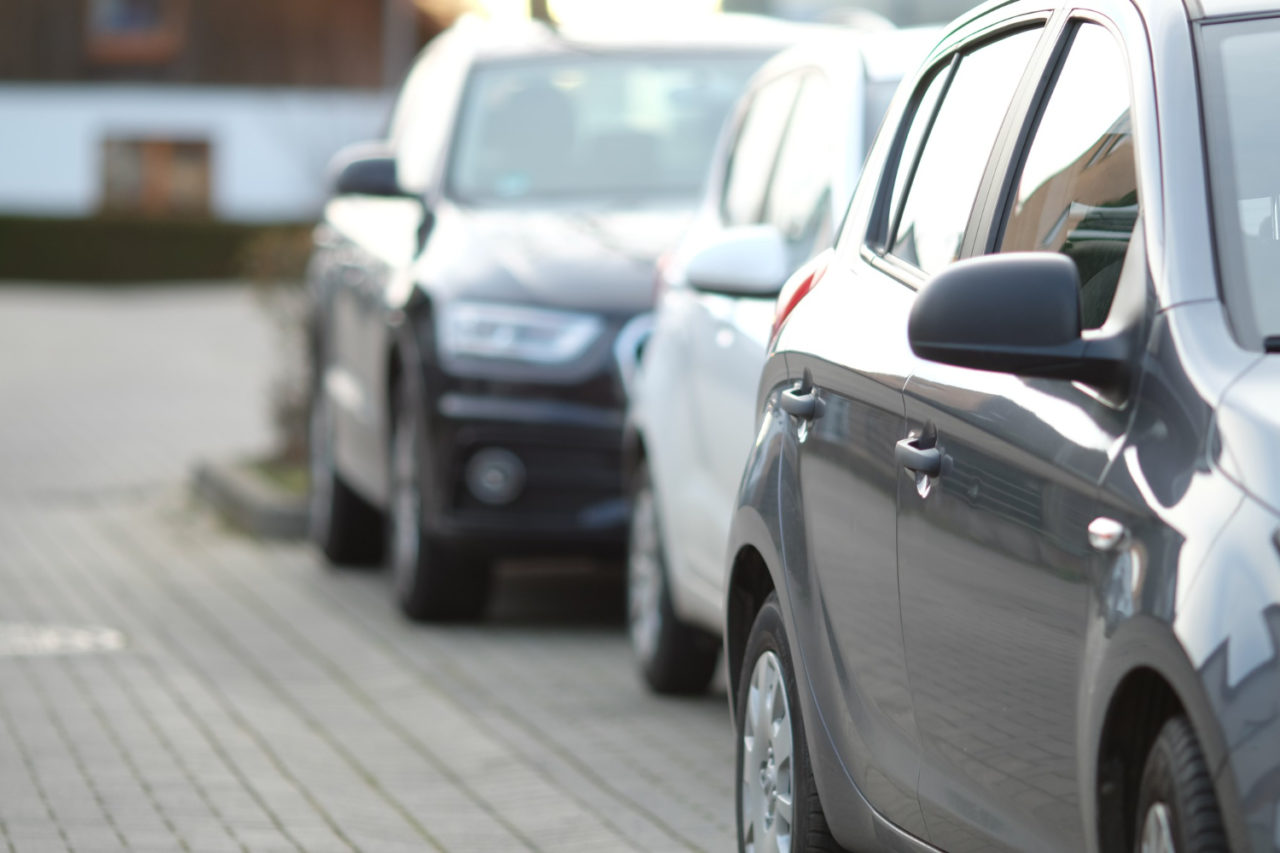
As municipal public transportation systems worldwide have been seeking zero-emission, hydrogen fuel cell vehicles and battery electric cars have both been heavily studied and tested to transition away from fossil fuel-powered fleets.
Finding ways to power the world’s vehicles has long been a vital component in tackling the climate crisis. There is no denying that battery electric cars—as opposed to the other practical option—will dominate the market for compact passenger vehicles in the future. However, hydrogen may start to seem like a more appealing option as a vehicle gets bigger.
For many routes, hydrogen fuel cell vehicles have proven to have considerable performance advantage over battery electrics, becoming the top choice for the replacement of traditional diesel models. The benefits of zero-emission operations without compromising schedules, routes, or current depot activities were one of the factors contributing to this. Compared to batteries, H2 delivers a greater range and quicker fueling.

Some areas are leading the way in the adoption of hydrogen. Following the installation of hydrogen filling stations by the municipality, which refill buses, automobiles, rubbish trucks, and road sweepers, Aberdeen has emerged as a hydrogen center. Although electric buses are now considerably more popular, the US has launched a number of programs to encourage the rollout of hydrogen refueling infrastructure.
Among the largest programs introducing the hydrogen-powered public transportation vehicles is the UK government’s £200 million in funding for the Zero-Emission Bus Regional Areas program, which aims to decarbonize all road transportation by 2040.
This year, the Federal Transit Administration’s Bus and Transit Facilities in the US have committed more than $1.1 billion. The goal of the money is to enable transit agencies to begin the widespread switch to alternatively powered fleets and the implementation of H2 technology.
Hydrogen cars are a possibility. But when? Read here

Many people don’t realize that hydrogen fuel cell vehicles have a notably similar architecture to battery electric ones. As zero-emission routes continue to be scaled up, H2 is increasingly prove itself. Battery electrics have a shorter range and require substantially longer recharging time, which can decrease the route choice flexibility of an operator.
Due to the nature of hydrogen refueling, a refueling station akin to those now utilized by transport systems with diesel depots can be established. They are also similar in that they can be scaled up as the hydrogen-powered fleet continues to grow. As a result, the refueling strategies and structures don’t need to undergo much change when transitioning to fuel cell buses, particularly because even the time requirements align closely.
Currently, adoption of hydrogen fuel cell vehicles for public transportation fleets remains in its early stages. The reason is that this is a considerable investment and municipal transit authorities. Therefore, while more authorities are showing notable interest, most are testing a single vehicle or handful of buses as opposed to replacing their entire fleets.
ALSO READ IF HYDROGEN PLANES ARE A POSSIBILITY BY 2035.

Our hydrogen-related work
Using hydrogen, Universal Kraft offers a large-scale, environmentally friendly substitute for fossil fuels while maintaining the same functionality. In addition to direct electrification, hydrogen allows the green industry to make an impact outside of the grid through the production of green hydrogen for energy storage, gas greening through hydrogen methanation, and feedstock for locally produced, high-temperature industrial processes that are challenging to electrify.
A comprehensive and sustained shift to renewable energy depends on these green power options. For a period of years, Universal Kraft has been developing novel and alternative energy storage technologies. We established the businesses UH2 and BH2 to maximize the decarbonization potential of renewable energy sources for the production of green hydrogen and ammonia.




